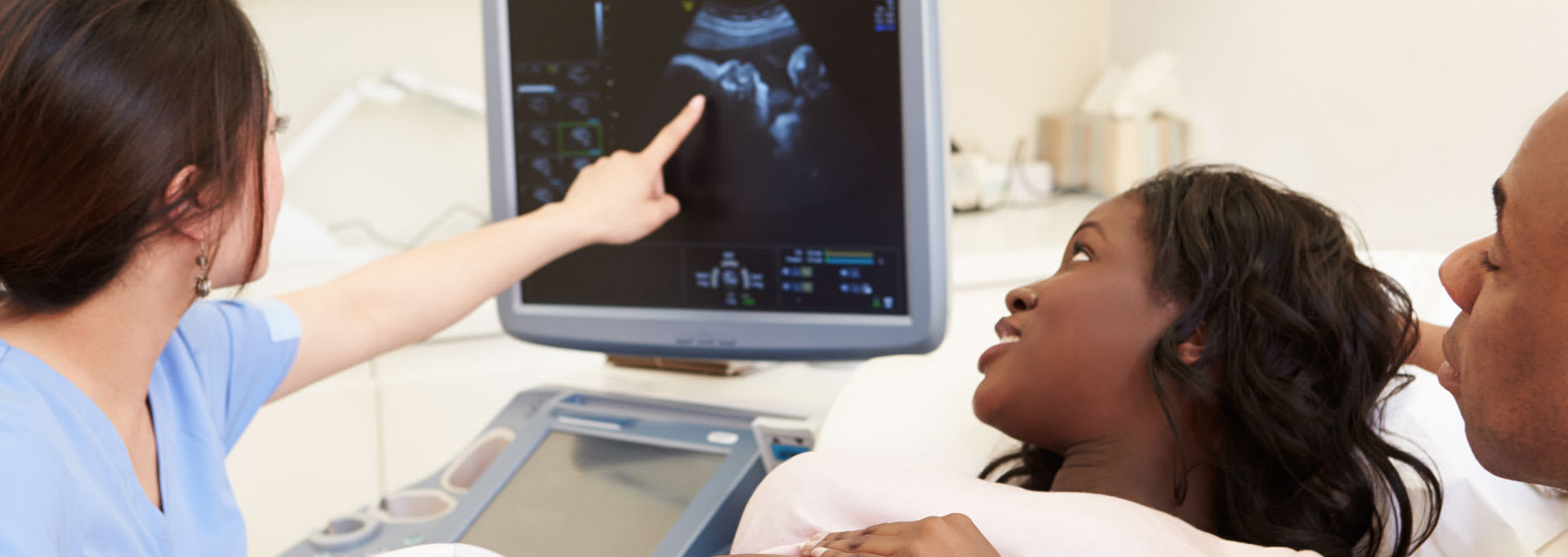At Premier Imaging, our radiologists use state-of-the-art technology to make accurate, efficient diagnoses. Our ultrasounds, X-Ray machines, and other technologies are tools we rely on daily.

In the past few decades, diagnostic technology has come a long way to helping healthcare teams and their patients detect health conditions earlier, better understand existing medical issues, and improve treatment planning and prognoses.
At Premier Imaging, we use advanced diagnostic technologies to provide our referring physicians and their patients accurate, decisive, and consistent interpretations complemented with high-resolution images on a prompt and timely basis.
With these technologies, we can look inside of your body to diagnose and monitor many different types of diseases and medical conditions, from internal injuries to tumours. The type of diagnostic test we run depends on your doctor's orders, which are based on your symptoms and the part of your body that needs to be examined.
Many imaging tests are painless, non-invasive and easy, while others are more complex and take a few minutes longer.
By leveraging state-of-the-art tools to take ultrasounds, mammography, X-Rays, and bone mineral density tests, we can share information efficiently with healthcare teams and offer precise, potentially life-saving diagnoses.
This non-invasive diagnostic imaging technique uses sound waves to produce images of the inside of the body. At our Ottawa clinic, we use this technology for general, musculoskeletal, obstetrical, vascular, and 3D ultrasounds.
A specially designed X-Ray machine uses low-energy radiation to capture multiple images using a high-resolution camera. During a mammogram, the breasts are positioned between two plastic imaging plates.
With X-Ray technology, we use electromagnetic energy to see through tissue to examine fractured bones and soft tissue. X-Rays (radiographs) can help us diagnose infections, heart problems, blocked blood vessels, arthritis, and other conditions.
During a bone mineral density test, we use an enhanced form of X-Ray technology to measure bone loss. DXA (dual-energy absorptiometry) machines feature special software to convert data and display measurements of bone density on a computer monitor.

We'll collaborate with your healthcare team to create a streamlined imaging and diagnostics process. Find out how we can help.